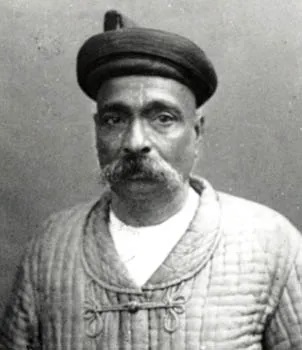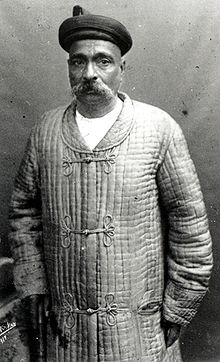Early Life and Education
Bal Gangadhar Tilak was born in Ratnagiri, Maharashtra, into a Chitpavan Brahmin family. From a young age, he exhibited an exceptional aptitude for academics. He pursued his education in Pune, where he earned degrees in mathematics and law. However, it was not long before Tilak turned his attention to social and political issues, driven by a fervent desire to see India free from British rule.

Tilak’s contribution to the Indian independence movement is profound and multifaceted. He was a firm believer in the idea that Swaraj (self-rule) was the birthright of every Indian. His rallying cry, "Swaraj is my birthright, and I shall have it," became the mantra for millions of Indians who aspired for freedom.
The Literary Torchbearer
Tilak was not just a political leader but also a prolific writer and a sharp journalist. He used his pen as a weapon to ignite the spirit of nationalism among Indians. Through his newspapers, *Kesari* in Marathi and *The Mahratta* in English, he fearlessly criticized the British government and exposed their exploitative policies. His editorials were instrumental in awakening the masses and mobilizing them for the national cause.
The Social Reformer
Beyond his political activism, Tilak was a social reformer who advocated for the upliftment of society. He promoted education, especially for women, and sought to abolish social evils like child marriage. He believed that a strong and educated society was crucial for India’s progress and independence.
The Militant Nationalist
Tilak’s approach to achieving independence was more radical compared to his contemporaries. He believed in direct action and was not afraid to challenge the British authorities head-on. This earned him the title “Father of Indian Unrest” by the British, a testament to his formidable presence in the freedom struggle. His efforts in organizing the Ganapati and Shivaji festivals were aimed at unifying Indians and instilling a sense of pride in their heritage and culture.

Legacy and Impact
Tilak’s legacy is not confined to his lifetime. His ideas and actions laid the groundwork for future generations of freedom fighters. Leaders like Mahatma Gandhi and Jawaharlal Nehru drew inspiration from his unyielding spirit and dedication to the cause of independence. Even after his demise in 1920, his influence continued to resonate, galvanizing Indians to persist in their fight for freedom, which was finally realized in 1947.
Celebrating Tilak Jayanti Today
On July 23rd, 2024, as we celebrate Tilak Jayanti, we remember a titan of Indian history whose contributions transcend time. Ceremonies, seminars, and educational programs will be held across the nation to honor his memory. It is a day to revisit his writings, reflect on his ideals, and pledge to uphold the values he stood for.
In the current era, where India stands as a sovereign nation, the principles espoused by Tilak continue to inspire. His unwavering commitment to justice, his advocacy for education, and his belief in the power of unity are as relevant today as they were a century ago.
As we pay tribute to Lokmanya Bal Gangadhar Tilak, let us draw inspiration from his life and work towards a society that values freedom, education, and social justice. His vision of a free and empowered India remains a guiding light for all.
Happy Lokmanya Tilak Jayanti! Jai Hind!

